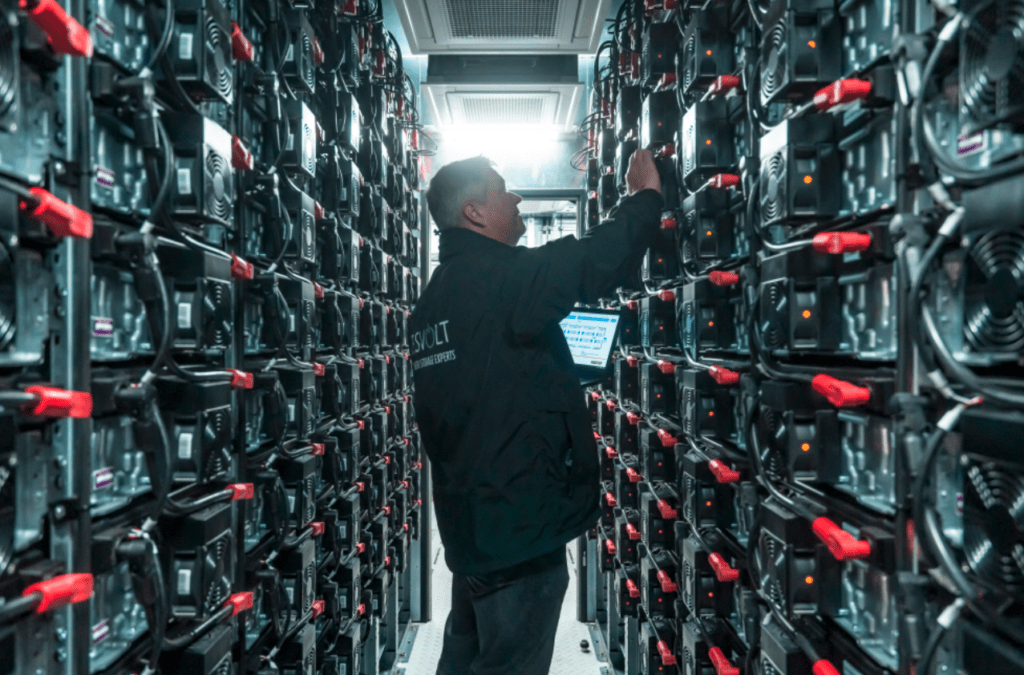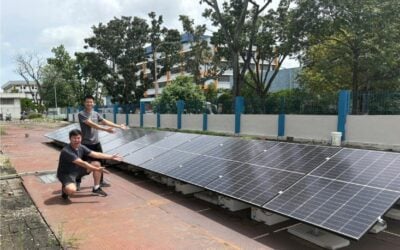
Energy storage system (ESS) provider Tesvolt says that it saw 195% year-on-year growth in orders during March, as businesses seek to reduce their dependency on fossil fuels especially in light of the Russian invasion of Ukraine.
Germany-headquartered Tesvolt, which assembles energy storage systems (ESS) for a variety of commercial & industrial (C&I) markets, says the growth in March exceeded its long-term growth trends, though as a privately-held company has not revealed the full extent.
Enjoy 12 months of exclusive analysis
- Regular insight and analysis of the industry’s biggest developments
- In-depth interviews with the industry’s leading figures
- Annual digital subscription to the PV Tech Power journal
- Discounts on Solar Media’s portfolio of events, in-person and virtual
Daniel Hannemann, Tesvolt CEO, said: “The tragic events in Ukraine are showing just how much the industrial sector depends on Russian oil and gas. This vast surge in orders highlights that increasingly more companies are now looking to quickly and permanently reduce their dependency on fossil fuels.”
Tesvolt says that demand has particularly surged in West Europe and amongst medium-sized businesses. It says the key drivers are the high fuel prices and the expansion of charging infrastructure.
March’s growth figure is similar to selected order figures the company has previously released. It said in September that it had seen an increase of 170% in new international orders in the first half of 2021.
The order figures are understandably much higher than revenue growth. An annual report on the Bundesanzeiger shows Tesvolt had revenue of €24.3 million (US$26.45 million) in 2020, up by 48.6%, and in September 2021 forecasted that turnover was likely to exceed €100 million by 2023.
That equates to an average annual CAGR over 2021, 2022 and 2023 of at least 60%. International (outside Germany) turnover increased 60% in the first half of 2021, according to the September press release.
The company recently raised €40 million in equity capital to pursue growth. The company has recently been in the news for a deal with Schaper Group to integrate its ESS into renewable electrolyser projects for green hydrogen. It also provided battery storage for Europe’s largest EV charging park.






